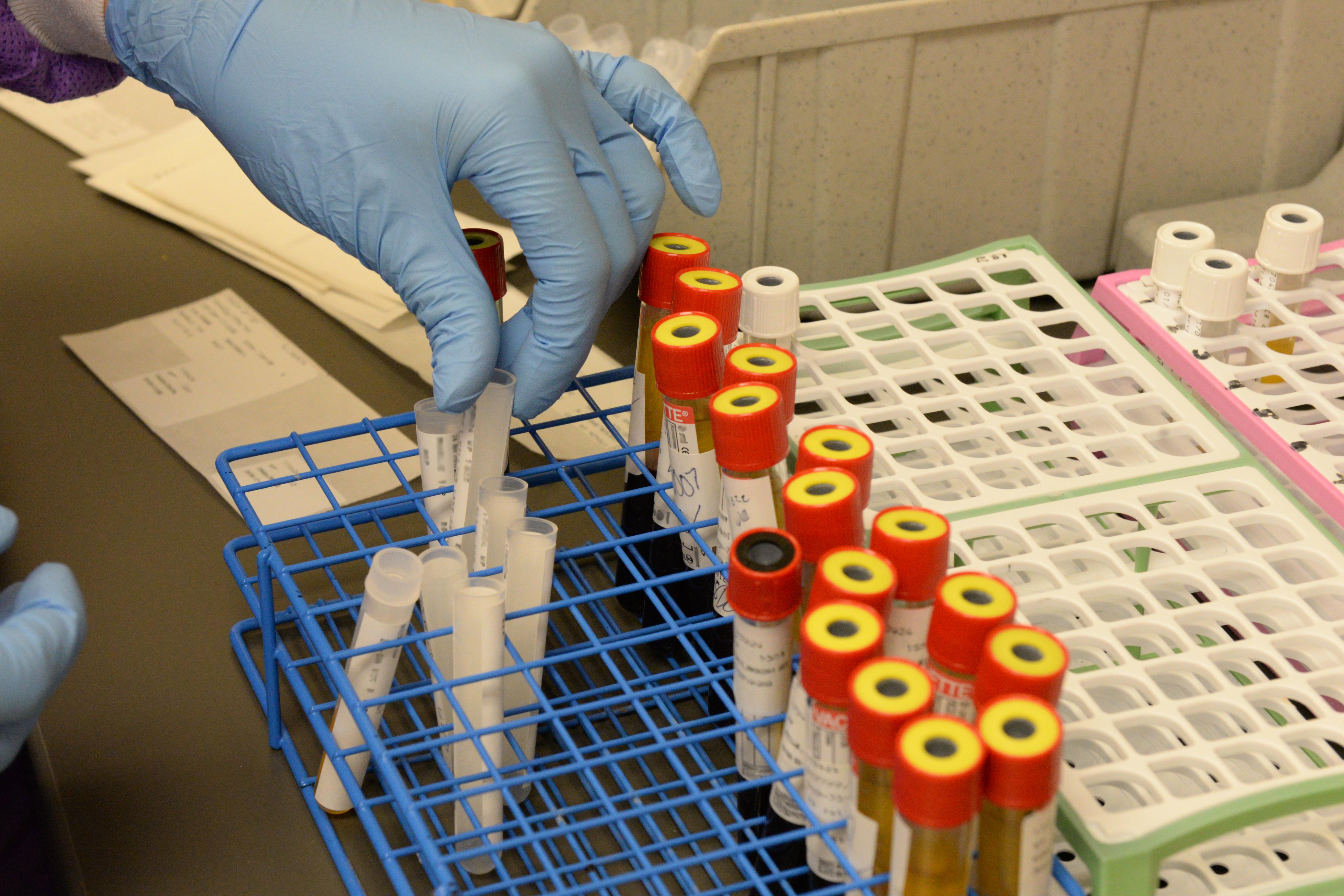Can the Law Enforcement's DNA Database Tell Police your Medical Information?
By Francie Diep,
Pacific Standard
| 06. 12. 2017
Advances in DNA profiling bring up some interesting questions.
Despite what procedural dramas might lead you to believe, the DNA that police collect at crime scenes can't tell you anything about the characteristics of the person who left it behind. If police have a database of suspects' DNA, then they can match a sample they've swabbed up on-scene with the profiles in the database. But the sample alone can't tell them whether its owner had brown eyes or a propensity for diabetes. In fact, the inability to tell physical traits from law enforcement DNA databases is crucial to their legality: The Supreme Court ruled in 2013 that police are allowed to take DNA samples from people they've arrested for serious crimes—and doing so is not considered an unreasonable search—in part because the DNA markers that police look at "do not reveal an arrestee's genetic traits and are unlikely to reveal any private medical information."
A new study, however, begins to undermine that argument. A team of geneticists from universities in the United States and Canada found a way to...
Related Articles
By Pete Shanks
| 02.27.2026
Last month, we published “The Shameful Legacy of Tuskegee” which focused on a proposed experiment in Guinea-Bissau. The study’s plan echoed the notorious Tuskegee disaster, withholding safe, effective vaccines against hepatitis B from some newborns while inoculating others. It was to be financed by the U.S. but performed by a controversial Danish team. That project provoked a multi-national outcry, leading to a remarkable response from the World Health Organization:
WHO has significant concerns regarding the study’s scientific...
By Jenn White, NPR | 02.26.2026
By Vittoria Vardanega, SWI swissinfo.ch | 02.13.2026
In recent years, sperm donation has produced family trees of unprecedented size, stretching across countries and, in some cases, continents. Stories of “mass donors” have captured public attention, most recently through the Netflix documentary series, The Man with 1,000 Kids...
By Kiana Jackson and Shannon Stubblefield, New Disabled South | 02.09.2026
"MC0_8230" via Wikimedia Commons licensed under CC by 2.0
This report documents a deliberate assault on disabled people in the United States. Not an accident. Not a series of bureaucratic missteps. An assault that has been coordinated across agencies...




